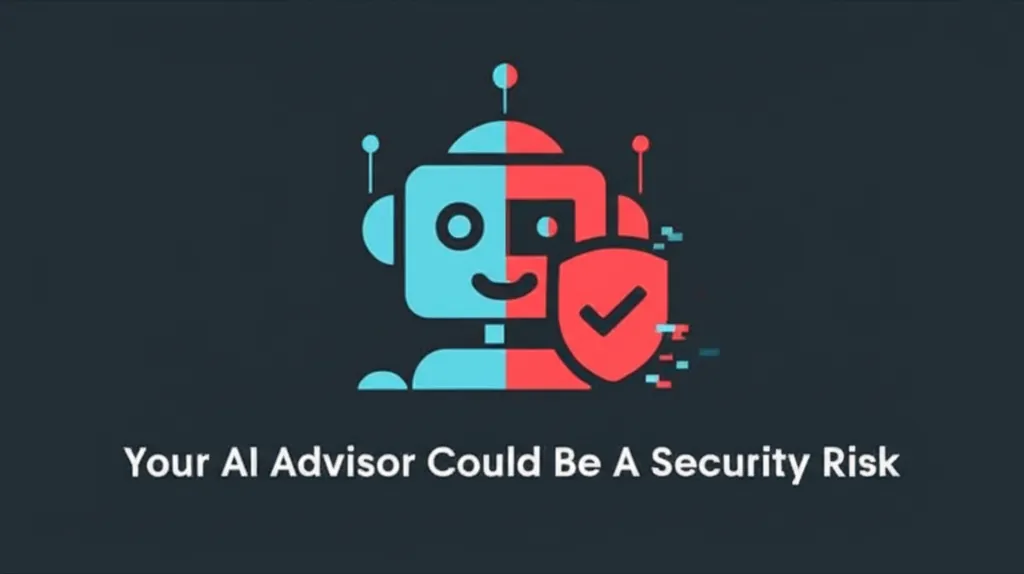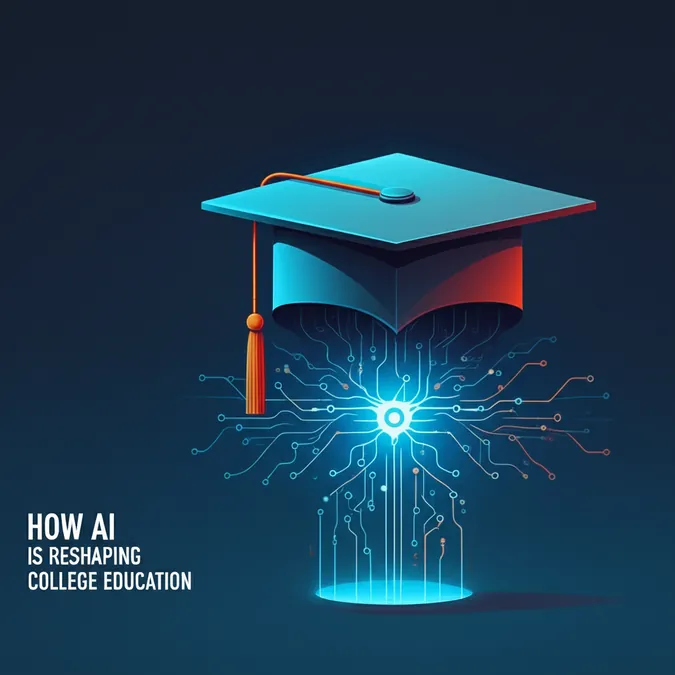Developer Offer
Try ImaginePro API with 50 Free Credits
Build and ship AI-powered visuals with Midjourney, Flux, and more — free credits refresh every month.
Faculty vs Students The Great ChatGPT Divide in Academia
ChatGPT, the advanced generative AI tool, has quickly become a fixture in many fields, and academia is no exception. Its impressive ability to generate human-like text has led to its widespread adoption for a variety of educational tasks.
The Rise of AI in the Classroom
Previous studies have already highlighted the significant utility of ChatGPT in transforming the educational landscape. It has shown great promise in creating personalized learning experiences, aiding in exam preparation, and even acting as a language coach. In both STEM and non-STEM fields, it has become a valuable tool for tasks like coding assistance and research support, facilitating a more dynamic learning environment.
A Double-Edged Sword Promise vs Peril
Despite its vast potential, the rapid integration of ChatGPT into academic workflows is not without its challenges. Significant concerns persist regarding the reliability and accuracy of the information it generates. Furthermore, its use raises profound ethical questions and poses a potential threat to academic integrity. Educators and institutions are grappling with how this technology impacts students' critical thinking skills and the originality of their work.
New Study Reveals a Campus Divide
A recent study provides crucial empirical evidence on this complex issue, revealing differing perceptions of ChatGPT between faculty and students. The research delves into their levels of exposure to the tool, their attitudes toward its use, and the ethical considerations that guide their engagement with it. The findings identify that demographic and institutional factors, such as gender and college affiliation, play a significant role in shaping how individuals perceive and use ChatGPT.
Bridging the Gap The Path to Responsible AI Integration
The study's conclusions underscore the critical importance of AI exposure in fostering more positive and informed attitudes. This suggests a clear path forward for educational institutions. To ensure equitable and effective AI adoption, universities must develop inclusive and tailored strategies that account for the diverse perceptions and usage patterns across different groups. Simply creating a one-size-fits-all policy is not enough.
Institutions are encouraged to establish clear policies and training programs focused on the ethical use of AI. These initiatives should promote awareness of both the capabilities and the limitations of tools like ChatGPT to ensure they are used responsibly. Ultimately, encouraging familiarity and building confidence with AI tools can enhance their acceptance and effective utilization, leading to improved academic outcomes for everyone.
Compare Plans & Pricing
Find the plan that matches your workload and unlock full access to ImaginePro.
| Plan | Price | Highlights |
|---|---|---|
| Standard | $8 / month |
|
| Premium | $20 / month |
|
Need custom terms? Talk to us to tailor credits, rate limits, or deployment options.
View All Pricing Details

